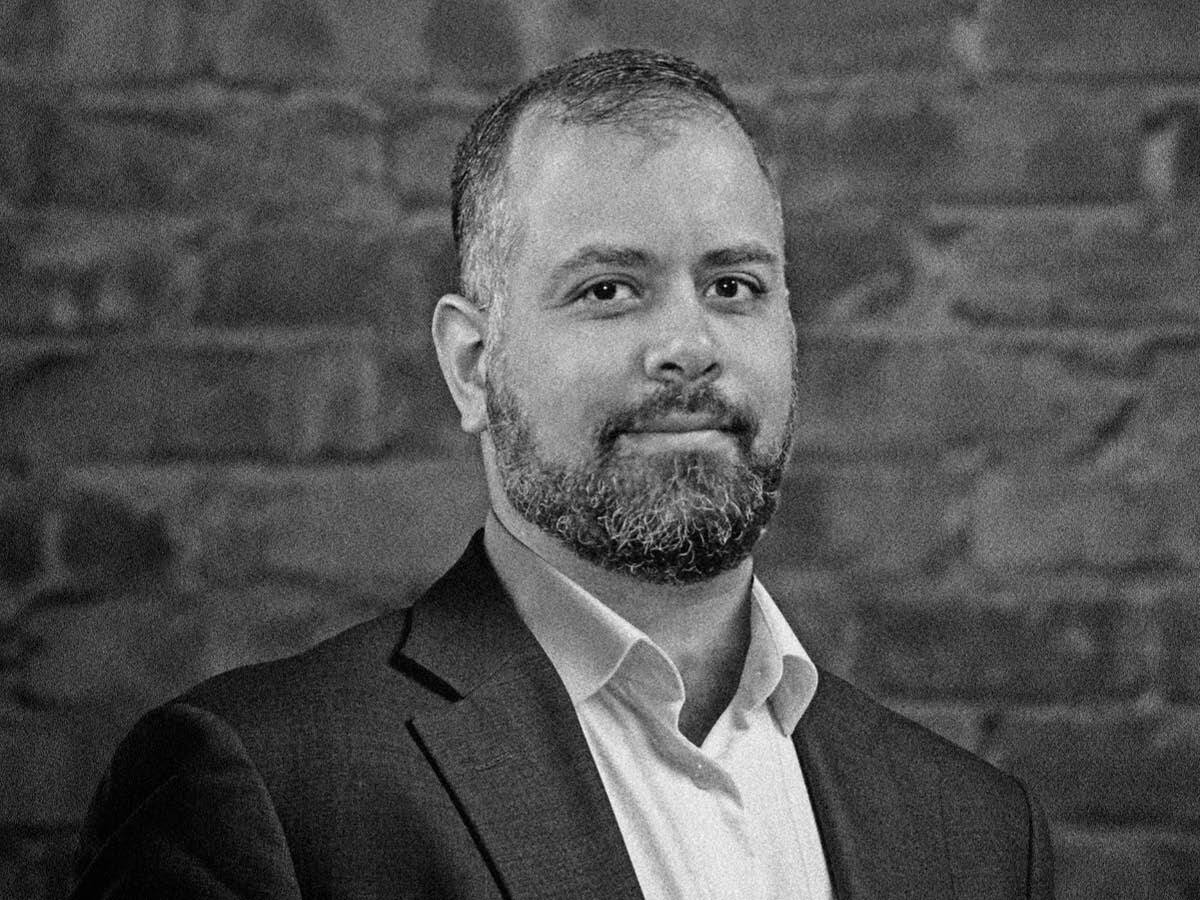Michael Gayed is a portfolio manager at Tidal Financial Group and the author of the critically acclaimed newsletter and research publication, the Lead-Lag Report. In the latest Opto Sessions, he discusses unprecedented market behaviour and when he anticipates there will be a return to a traditional risk-on risk-off environment.
LISTEN TO THE INTERVIEW:
Michael Gayed is in it for the long haul, and he’s committed to his strategy. For the latest Opto Sessions podcast, he spoke live to an audience of members of his 727,800-strong Twitter.
He’s been a successful investment manager for the past 15 years — he is currently a portfolio manager at Tidal Financial Group — and putting out the Lead-Lag Report for the last 12. But this year has been an anomaly.
Gayed runs three funds for Tidal, which owns the ETF management brand Toroso Investments, all of which have been established since 2020 and rely on treasuries. Treasuries are a safe-haven asset in high volatility periods which is what makes this year’s losses so unusual, he says. In 2020, a high volatility sequence helped the ATAC Rotation Fund [ATACX] rise 72% — this year, however, it is down 21.3%, and up 8.4% in the past month.
Gayed says the mechanics behind this volatility indicate that it is an anomaly, rather than a trend that’s likely to persist.
“First of all, the drawdown in long duration Treasury prices and rising yield started way before the Fed started hiking rates. It started in late July, early August of 2020,” he says.
According to Gayed’s research, that drawdown beginning in August 2020 until the lows of last month has been one of the five biggest declines in the history of the S&P 500, ranking alongside that of the Great Depression.
For investors, he emphasises that “sticking to something in a volatile environment is really important. Having conviction, with limits around how much you weight that conviction, is really important.”
“First of all, the drawdown in long duration Treasury prices and rising yield started way before the Fed started hiking rates. It started in late July, early August of 2020.”
Staying the course
His keen grasp on market dynamics has provided an impressive track record evaluating businesses and investment opportunities, and given him faith in a rules-based approach.
He might not use that word himself, however, saying that “faith” can be a problematic trait for a trader. He’s wary of the trust investors put into crypto, for example, as well as the short attention span that social media encourages around day-trading.
“I'd argue [there’s a] cultural and societal issue where increasingly people feel left out from the current systems wealth generation, which has concentrated among a smaller and smaller number of people,” he observes. “That creates this feeling of hopelessness, which results in faith. And when investment becomes religion, it's time to lose faith.”
Signs of spillage
Gayed has always doubted the idea, popular among some investors, that cryptocurrency is a store of value, saying that tail risks exist at both ends of the curve. He saw the collapse of FTX in mid-November and the subsequent decline in US treasury yields as a sign that the market was turning towards a more traditional risk-on, risk-off environment.
“If there is some kind of a tail event that might be looming with a delay on risk assets, we may end up looking back and saying treasuries actually saw it first,” he says. With some investors asking how many creditors were owed money by FTX, Gayed wonders if there could be a “delayed spillover from the cryptocurrency collapse into equities.”
At the end of the day, however, “markets are a reflection of people,” he says. “So if markets are broken, it's really people that are broken.”
“If there is some kind of a tail event that might be looming with a delay on risk assets, we may end up looking back and saying treasuries actually saw it first.”
If there is anything to fix, it’s retail investors’ hesitation to stick it out for the long haul.
As an example, he suggests that investors look at their accounts less frequently. The fewer data points one sees, the more they’ll be likely to “reap the rewards from a longer term perspective,” rather than “trading off of noise.”
For more ways to listen:
Listen to the full interview and explore our past episodes on Opto Sessions. You can also check out all our episodes via our YouTube Channel.
Disclaimer Past performance is not a reliable indicator of future results.
CMC Markets is an execution-only service provider. The material (whether or not it states any opinions) is for general information purposes only, and does not take into account your personal circumstances or objectives. Nothing in this material is (or should be considered to be) financial, investment or other advice on which reliance should be placed. No opinion given in the material constitutes a recommendation by CMC Markets or the author that any particular investment, security, transaction or investment strategy is suitable for any specific person.
The material has not been prepared in accordance with legal requirements designed to promote the independence of investment research. Although we are not specifically prevented from dealing before providing this material, we do not seek to take advantage of the material prior to its dissemination.
CMC Markets does not endorse or offer opinion on the trading strategies used by the author. Their trading strategies do not guarantee any return and CMC Markets shall not be held responsible for any loss that you may incur, either directly or indirectly, arising from any investment based on any information contained herein.
*Tax treatment depends on individual circumstances and can change or may differ in a jurisdiction other than the UK.
Continue reading for FREE
- Includes free newsletter updates, unsubscribe anytime. Privacy policy


